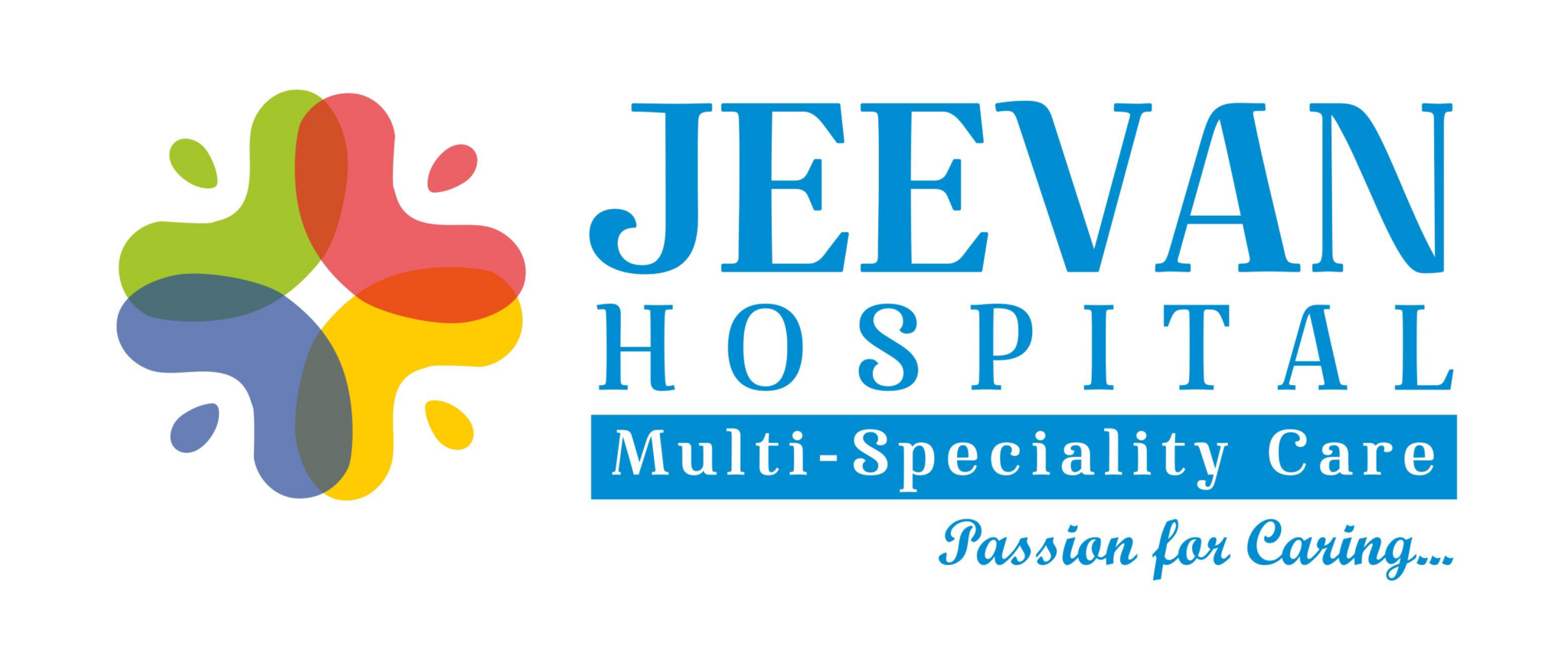Acne is a common skin disorder that develops when hair follicles become blocked with oil and dead skin cells, resulting in pimples, blackheads, and whiteheads. It is usually found on the face, neck, chest, back, and shoulders. Acne can range in intensity from minor to severe, causing pain, irritation, and lowering self-esteem.
Acne develops when hair follicles become blocked with dead skin cells and oil, resulting in pimples, blackheads, and whiteheads.
Causes:
Excess Oil Production: Sebaceous glands overproduce sebum, which can block pores and increase acne development.
Bacteria: Propionibacterium acnes (P. acnes) bacteria grow in blocked pores, producing irritation and exacerbating acne.
Hormonal Changes: Hormonal fluctuations, especially during puberty, menstruation, pregnancy, or hormonal problems, can cause acne flare-ups.
Genetics: Family history contributes to acne risk, with genetics impacting aspects such as sebum production and skin sensitivity.
Lifestyle variables: Poor skincare routines, nutritional choices, stress, and environmental variables can all contribute to acne formation.
Treatment Options:
Effective acne treatment options are determined by the severity of the problem and its underlying causes. Common treatments include:
Topical treatments include over-the-counter and prescription gels,creams and lotions containing benzoyl peroxide, salicylic acid, or retinoids, which help clear pores, decrease inflammation, and prevent future outbreaks.
Antibiotics, oral contraceptives, or isotretinoin (Accutane) may be administered to target bacteria or manage hormones for moderate to severe acne.
In-office Procedures: Dermatological procedures such as chemical peels, microdermabrasion, laser therapy, and blackhead and whitehead removal can help improve acne and reduce scarring.
Lifestyle modifications: Adopting a moderate skincare routine, avoiding harsh products, washing regularly, and eating a balanced diet rich in whole grains, fruits, vegetables, and can all help to improve skin health and prevent acne breakouts.
Preventive Measures:
Acne prevention is developing healthy skincare routines and making lifestyle choices that reduce triggers and keep clean skin. The key preventative measures are:
Cleanse gently: Wash your face twice daily with a light cleanser to remove excess oil, grime, and makeup without robbing the skin of its natural moisture.
Avoid touching acne blemishes to prevent bacterial spread and irritation.
Sun protection: Apply non-comedogenic sunscreen to your skin regularly to protect it from damaging UV rays and to avoid post-inflammatory hyperpigmentation.
Manage stress: Yoga, meditation and deep breathing exercises can all help to reduce stress-related acne flare-ups.
Choose Non-Comedogenic Products: To avoid pore clogging, use skincare and cosmetic products designated as non-comedogenic, oil-free, or water-based.
Acne, a common skin ailment, can affect self-esteem and quality of life. Individuals can effectively manage acne by knowing its origins, getting suitable therapy, and implementing prevention measures. A dermatologist can give tailored advice and assistance in resolving acne difficulties. Remember, persistence and patience are essential for long-term acne control and retaining skin confidence.





